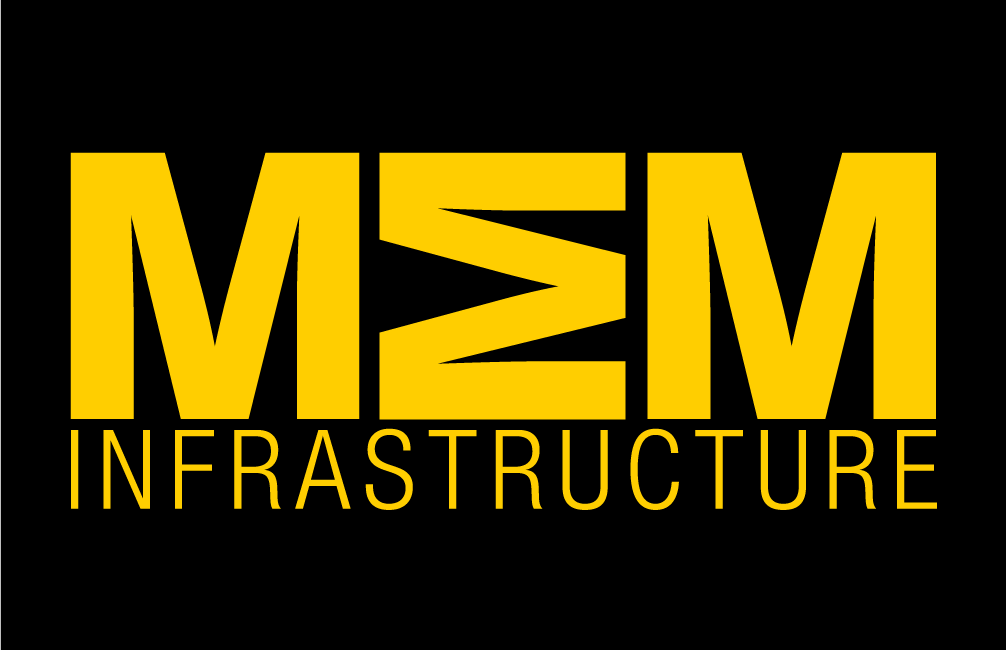The National Physical Laboratory (NPL) and Rolls Royce SMR partner on automated monitoring for nuclear Small Modular Reactors – The National Physical Laboratory (NPL) and Rolls-Royce SMR have partnered on a new project to investigate safe automated reactor operation for nuclear-powered Small Modular Reactors (SMRs).
SMRs offer an affordable approach to nuclear power generation – with the potential to support the UK’s net zero ambitions. When developing SMRs, there is a need for automated analytical capabilities to minimise onsite lab testing, reduce waste, the footprint of the site, as well as capital and operational costs.
The NPL-led project is investigating the potential of using inductively coupled plasma tandem mass spectrometry (a technique for measuring the elemental composition of samples) for the automated measurement of the constituents in different water chemistries within a Rolls-Royce SMR as an indicator of reactor operating conditions.
NPL’s team of nuclear scientists have been working for several years to develop traceable techniques for the rapid and repeatable detection of stable and radioactive pollutants for use in a range of nuclear scenarios, including decommissioning, environmental monitoring and nuclear forensics. The advantages of the mass spectrometric technique have been widely published and include simultaneous measurement of multiple elements; rapid measurement time of several minutes per sample; little or no sample preparation; and reduced analyst time. The NPL Rolls Royce SMR project offers an opportunity to apply tried and tested techniques to the safe and effective operation of SMRs.
NPL’s work with Rolls-Royce SMR aligns with its strategy to enable new energy sources and achieving net zero greenhouse gas emissions. The work also contributes to wider ambitions to embed metrology (the science of measurement) into the next generation of nuclear energy before they become operational, to ensure ongoing national resilience for nuclear technologies.
Ben Russell, Principal Scientist and Science Area Leader for Nuclear Metrology at NPL, said: “The Nuclear Metrology group has pushed inductively coupled plasma tandem mass spectrometry to advance measurement capabilities for low level radioactivity measurement, with the methods and standards developed increasingly used by industry, academia, and other measurement institutes. We are excited to apply this technique to solving measurement challenges related to automated monitoring of SMRs.”
Cyrus Larijani, Strategic Business Development Manager at NPL, said: “Our work with Rolls-Royce SMR on this project illustrates one of our principle goals at NPL to develop new techniques that make measurements less subjective and more traceable. NPL looks forward to continuing its support for the UK’s nuclear energy industry and to contribute to delivering the government’s plans for generating secure low carbon energy.”
Greg Wilkinson, Research and Technology Manager at Rolls-Royce SMR, said: “Rolls-Royce SMR offers a radically different approach to delivering nuclear power. Our design utilises long-established and well-understood pressurised water reactor (PWR) technology, allowing us to focus our research efforts in key areas, including in the development of inductively coupled plasma tandem mass spectrometry with NPL, to supplement and further enhance this technology. We look forward to collaborating with NPL’s world-leading nuclear metrology team to achieve our vision of delivering clean, affordable energy for all.”
Manufacturing & Engineering Magazine | The Home of Manufacturing Industry News















